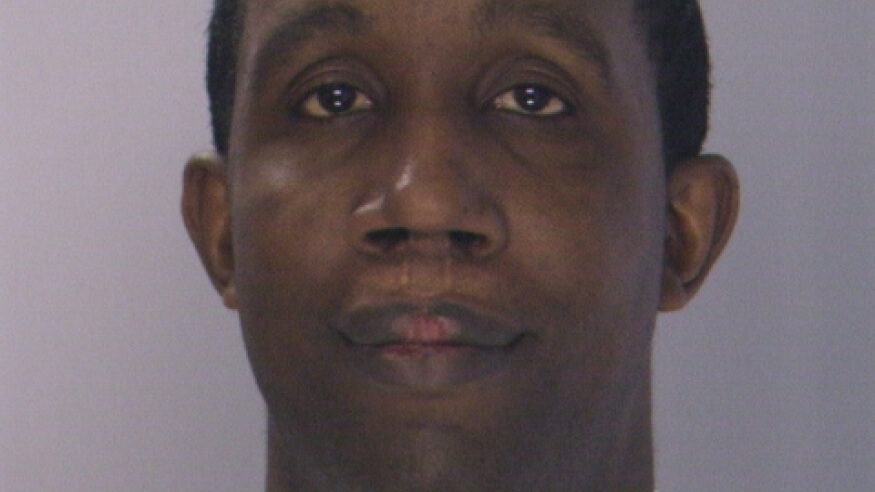A former Philly police sergeant, Francis Rawls, is free after spending almost five years in federal detention because he failed to unlock encrypted hard drives that were believed to be storing child porn.
Inquirer.com reports that on Thursday, the U.S. Court of Appeals for the Third Circuit ruled 2-1 that the federal law allows the government to keep someone for no longer than 18 months for “civil contempt.” The appeals court is letting Rawls go free.
It was reported that Rawls has been in federal custody since 2015. Investigators say that the Rawls refused to hand over passwords and decrypt hard drives, which were taken during a search of his home.
Rawls told officials that he does not know the passwords to decrypt the drivers. His lawyer, Keith M. Donoghue, from Federal Community Defender Office, which is Philly-based, claims he also does not know the passwords.
A U.S. Attorney William McSwain’s spokesperson was asked if prosecutors are planning on appealing the decision on whether or not Rawls should face criminal charges, and they told Inquirer.com that they are reviewing their options.
In 2015, a federal district judge ordered Rawls to be held in jail indefinitely. In an earlier appeal, the Third Circuit ruled that he could be compelled to unlock the drives. It was also reported that the investigators collected enough evidence that without the password, they could prove that that the drive had illegal pornographic material on it.
However, in 2017, the court debated whether forcing him to open the files violated his fifth amendment rights.
Inquirer.com reports that on Thursday, another three-judge Third Circuit panel brought up another question: Could they still keep Rawls for contempt in violating federal laws? The laws says that 18 months is the longest amount of time that witnesses could be jailed for refusing to testify.
The government said the 18 month timeframe does apply to Rawls, and debated if he could be considered a “witness.” This consideration was made in light of the fact that Rawls was ordered by a search warrant, then the court, to give them access to the hard drives, but not to provide evidence against himself or testimony.
The outcome of these multifcated debates is that, “Rawls maintains a dual identity — Rawls is a witness for purposes of contempt, while a suspect for child pornography offenses,” Judge Julio M. Fuentes wrote for the majority according to Inquirer.com.
“If Rawls should contend that he has forgotten his passwords, he is free to file a motion with the district court seeking his release on the ground that his confinement has ceased to be coercive and has, therefore, become punitive,” Roth wrote in a dissent.
When the case began in March 2015, Delaware County District Attorney’s Office was investigating the site called Freenet, which allegedly let users share child pornography. Rawls was a suspect in the case, and the data showed that a “John doe” was requesting and routing those types of files.
Officials seized his electronics, which included an Apple Mac Pro computer, in which they found an image of a pubescent girl in a suggestive position. The logs also suggested he went on groups with titles that were common in child exploitation, according to Inquirer.com.
Since investigators could not unlock drives, which also were encrypted, the way things were labeled led the investigators to believe that the drives contained child pornography.
Rawl’s sister said she saw him access those drives in her presence. She said they contained a ton of illicit videos and photos.

























